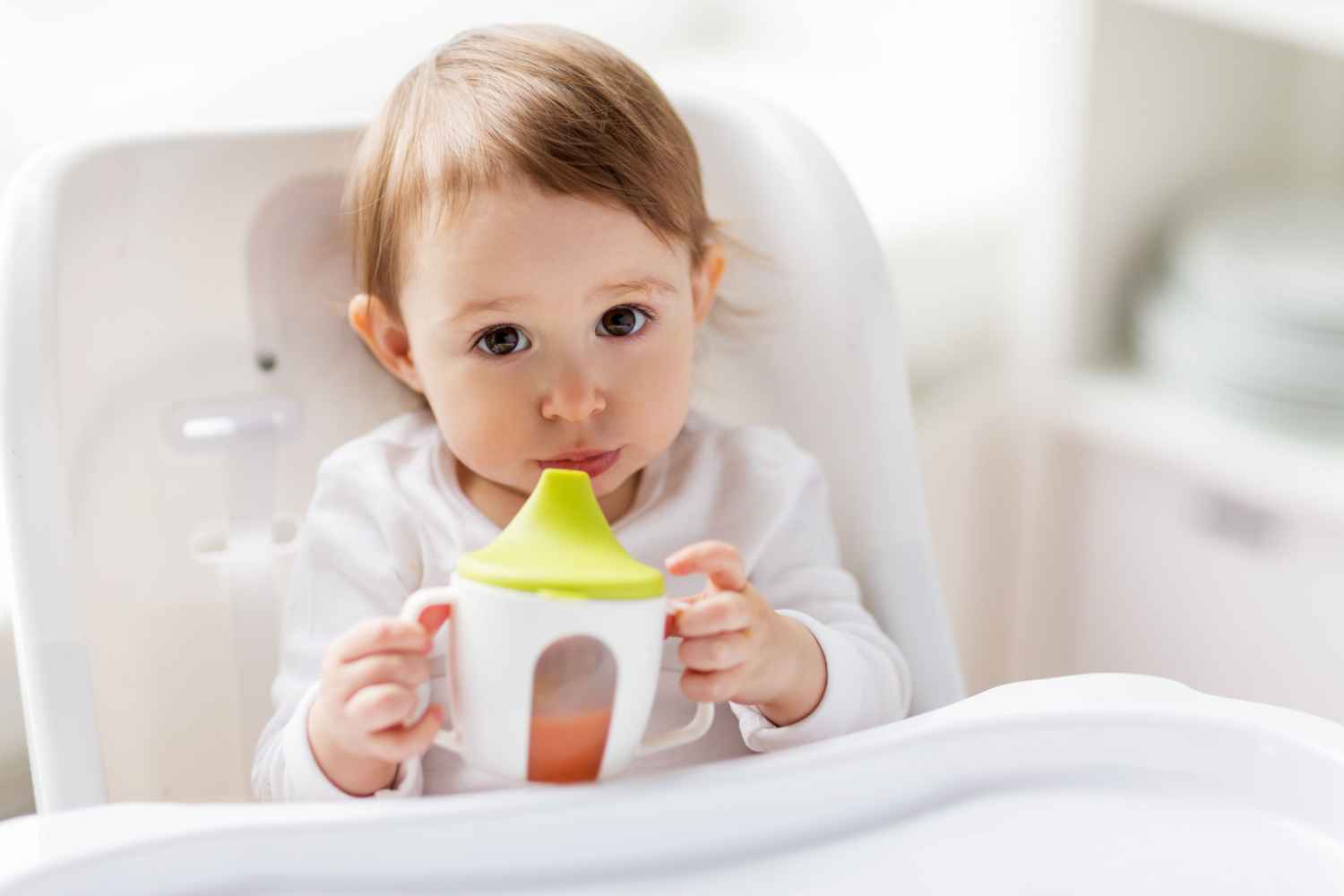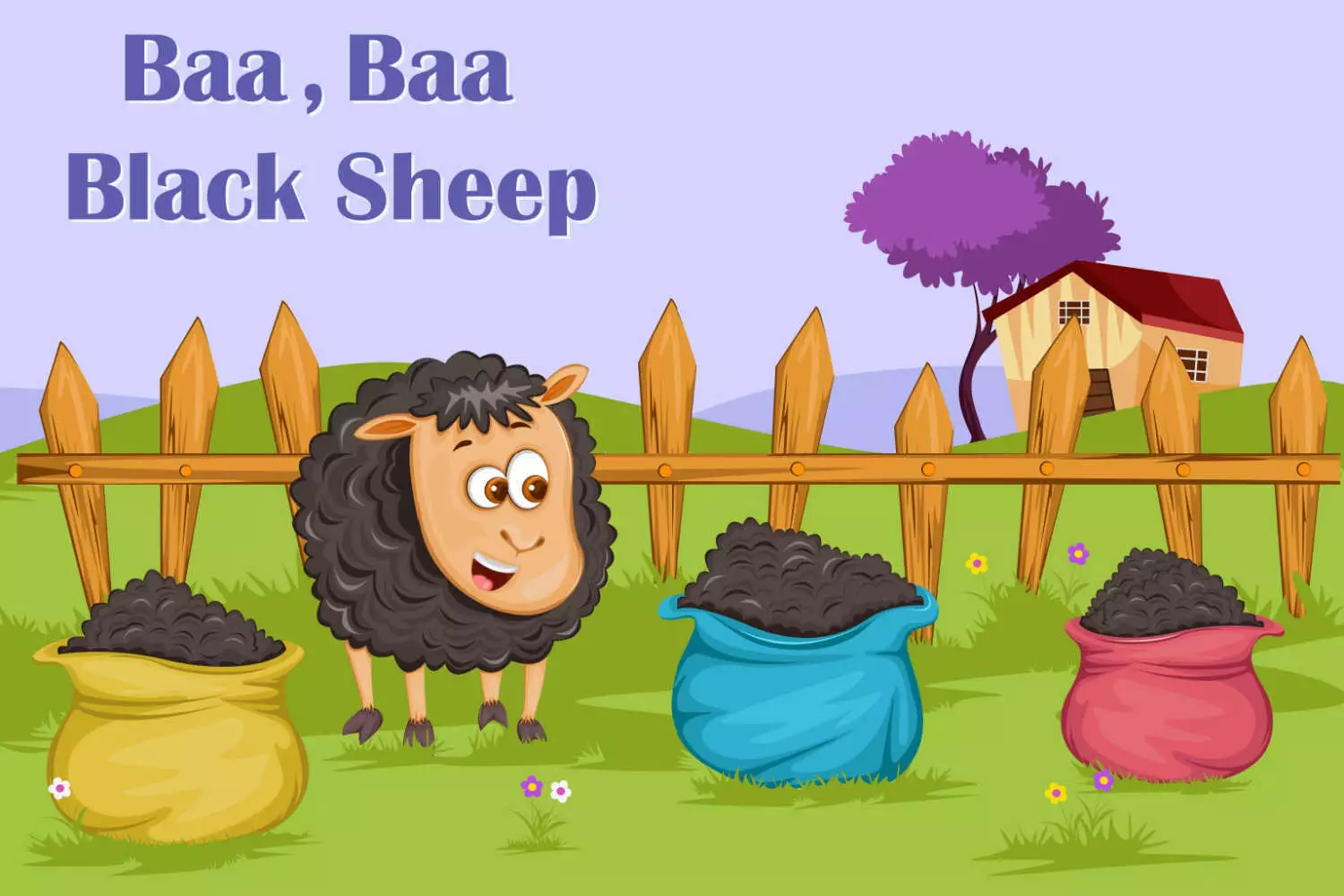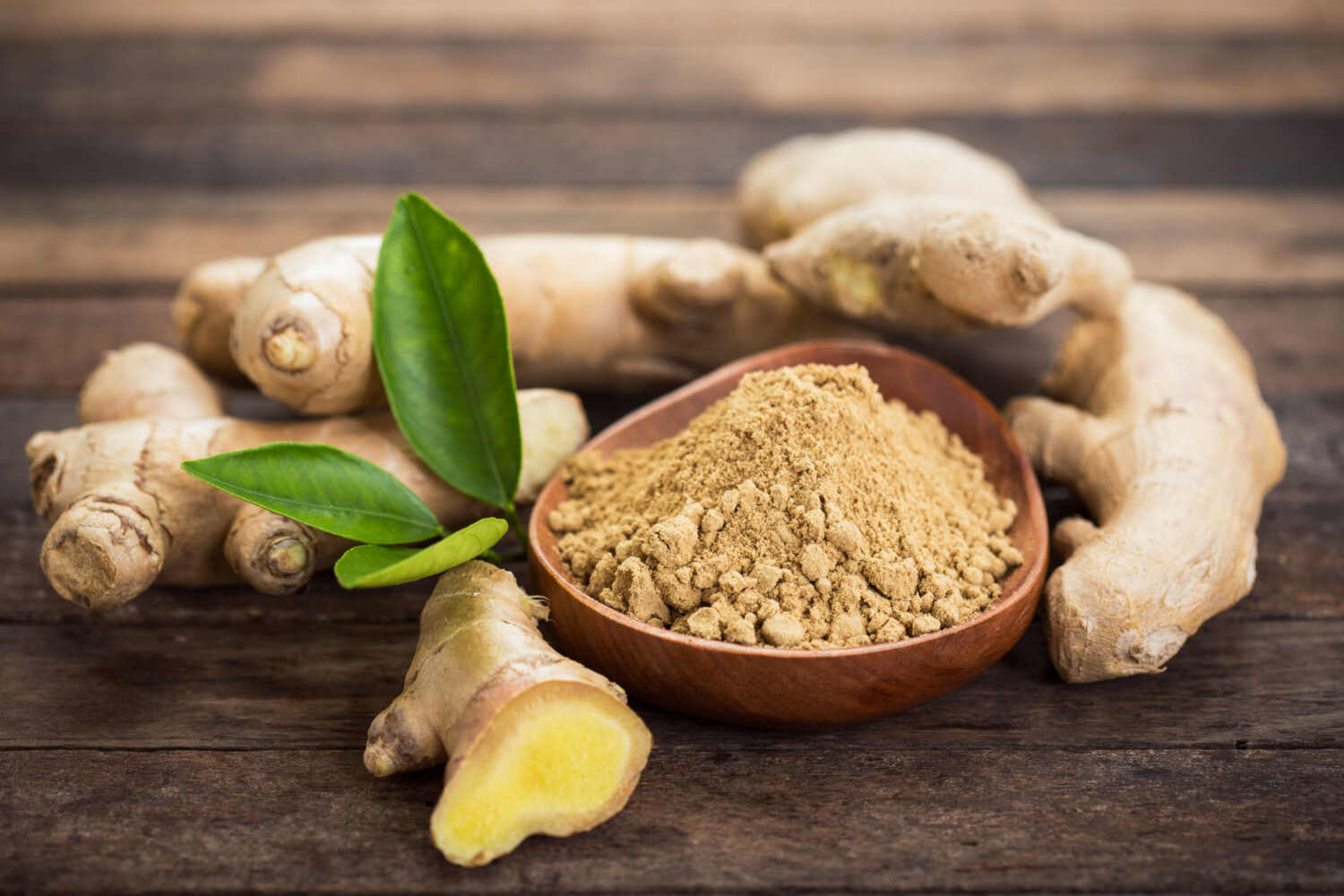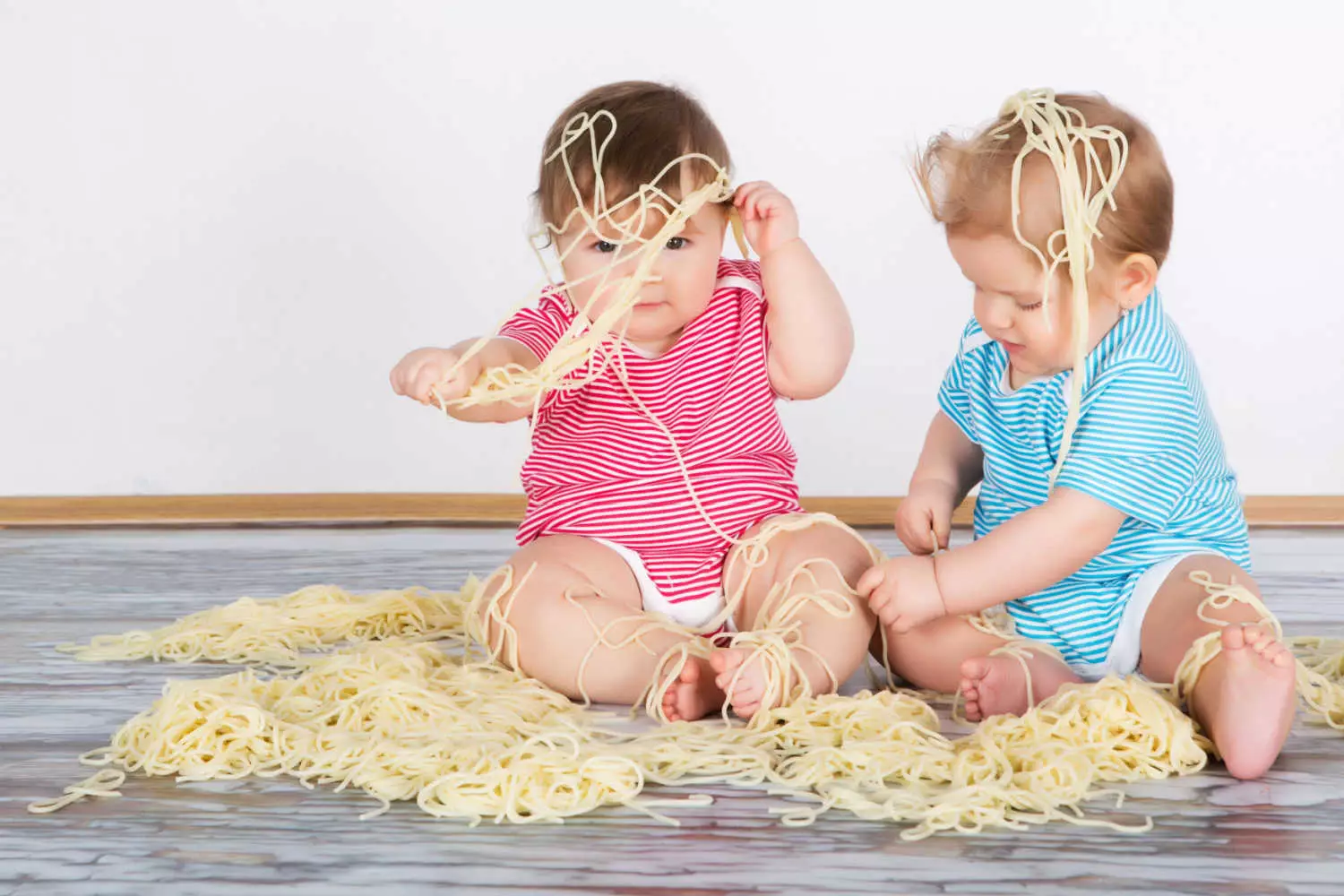
Baby’s Sense of Touch Development – Timelines and What to Expect
6 min readWritten by Gunjan Bedi


A baby’s sense of touch development is the first sense that develops in babies in the early weeks of pregnancy is. The key sense of touch starts developing when the baby is in the mother’s womb. It plays a crucial role in building a bond. And as a mother starts feeding the newborn, cuddling, and holding them in her hands, it helps to communicate and understand what babies want.
But as the babies start growing, they develop a different sense of touch that helps them to learn things and interact with people. Continue reading to learn about the baby’s sense of touch development stages. Let’s get started.
In This Article
- What is Sense of Touch?
- Is Sense of Touch Developed at Birth?
- Why is the Sense of Touch so Important to Infants?
- When Do Babies Develop Sense of Touch Development?
- Baby’s Sense of Touch Development After Birth – Milestones
- FAQ’s
What is Sense of Touch?
The sense of touch is the ability to recognize things. This sense is generated through neuron receptors present in the skin. This is the first type of sense that develops in babies in their mother’s womb. The sense will develop after the end of 7 weeks of pregnancy.
Is Sense of Touch Developed at Birth?
The first sense of touch developed in babies during the first trimester of pregnancy. Yes, it starts early when a baby is in the womb. Within the next few months of pregnancy, touch receptors will develop all over the baby’s body. By the end of eleven weeks of pregnancy, your infant begins to move in the womb. Those tiny movements help babies to feel the external environment.
In the middle of the third trimester, the infant can feel the various sensations of touch, including cold, heat, pain, and pressure. Touch plays an essential role in communicating with babies. Moreover, the babies use the sense of touch to grasp things faster.
Why is the Sense of Touch so Important to Infants?

Like other senses, the sense of touch plays a significant role in a baby’s growth. The lack of sense of touch during the early stages of pregnancy can affect growth. Babies with a great sense of touch are likely to understand emotions and learn things faster.
The sense of touch helps to improve cognitive development. Furthermore, the babies who receive skin-to-skin touch with their mother are likely to experience less anxiety, hostility, and emotional distress.
Lack of sense of touch reduces the learning power and delays cognitive development. Touch deprivation can increase aggression and may affect the behavior of babies.
When Do Babies Develop Sense of Touch Development?

According to the brain scans of the fetus, unborn babies don’t sense pain even after the end of 30 weeks of pregnancy, when most of the somatosensory neural pathway has been developed. However, in the middle of the third trimester of pregnancy, babies develop a sense of touch and experience the full range of senses such as pressure, cold, heat, and pain.
Over the next few months of pregnancy, touch receptors have been developed. Also, soles and palms will develop by the end of 12 weeks of pregnancy. And by the end of 17 weeks, babies develop an abdomen. After the completion of 30weeks, they can understand the full range of senses.
Baby’s Sense of Touch Development After Birth – Milestones
As discussed above, the baby’s touch sense begins to develop when they are in the womb. Let’s discuss this here in detail.
Birth to First Few Weeks (0 to 2 Weeks)
- During seven to eight weeks of pregnancy, babies’ touch sense develops. Although they aren’t born yet and are growing within their mother’s womb, they can still experience various sensations, including temperature, heat, and cold.
- Newborn babies have sensitive skin, and a few parts of the baby’s body are extremely sensitive to touch, such as the face, cheeks, abdomen, and hands.
- The skin-to-skin touch with babies is a way to communicate with babies and build a bond with them. They feel secure and comfortable with your touch and can respond through a grasping reflex. However, the grasping reflex will soon disappear as babies start growing.
- When mothers place their babies close to the chest, they automatically find nipples in the mouth. This type of reaction in babies is known as the rooting reflex.
[Read : Bonding With Your Baby – Why is it Important?]
First to Three Months (1 to 3 Months)
- When your baby turns two months old, their sense of touch develops completely. They enjoy their mother’s touch and start responding to tickling and friendly handling.
- When babies start chewing their toys, they use their lips, tongue, and mouth to feel the texture.
- When your tiny baby is three months old, they will enjoy grasping things, noticing their surroundings, and differentiating between the items near them.
- The mouth of the babies is highly sensitive, and you’ll be surprised to know they also use their mouth to explore and learn things around them.
Four to Six Months (4 to 6 Months)
- When the baby is four months old, the baby’s muscles, especially hands and arms, start maturing and gaining strength. They begin to touch things and reach out to them.
- At the age of five months, babies can hold and lift objects with their hands. However, they still use their mouth to understand and feel textures.
- At 5 months, they also like to splash water while bathing.
- The baby’s touch sense improves when they turn 6 months old. They learn to hold things firmly with both their hands. Moreover, they can pass the objects from one hand to another. At this age, babies enjoy touching things and interacting with other people.
Seven to Nine Months (7 to 9 Months)
- The babies develop spatial awareness about things and surroundings when they are seven months old.
- With their touch sense, babies can distinguish between 3D objects and flat objects.
- They love to grab objects that are easy to grab, spin, and twist, such as soft toys.
- Most babies start crawling by the age of nine months. Babies love to touch new things around them.
- Babies pick up objects around them and put them in different places. It is vital to create a safe and friendly environment so that they do not harm themselves while playing with objects.
[Read : When Do Babies Start Grabbing Objects?]
Ten to Twelve Months (10 to 12 Months)
- When your baby is one year old, their sense of touch develops completely. They can feel the textures such as soft, hard, cold, sticky, wet, and other things.
- Now, they can investigate objects with their hands and play with objects.
- Moreover, when babies turn 12 months old, they can feel everything around them. They can recognize the emotions and the way people interact with them.
Babies’ sense of touch starts developing when they are in the womb. As babies grow, they start developing different senses of touch that help them recognize things around them and sense heat, cold, temperature change, and other things. In the meantime, as a mother, you can help your baby learn different things and provide a comfortable environment to make them feel secure.
FAQ’s
1. How Does Lack of Touch Affect Development?
Babies, at an early stage of development, only have a sense of touch. This is the only way they recognize and feel anything around them. Hence, if the babies lack touch, their other sense development may be affected. Moreover, they are not able to feel and respond to you.
2. How Can You Help Stimulate Your Baby’s Sense of Touch?
As a mother, you can engage your babies in different activities and play with them. Place toys near them and give them your finger to grasp whenever you hold them in your hands. It helps to develop grasping capabilities. Cuddle them while breastfeeding and nurture them with love. This is the way you can develop a sense of touch in them.
3. At What Age Can Babies Feel the Touch?
By the end of 8 weeks of pregnancy, babies start developing the sensation of touch. It starts when they are in the womb. So, all newborns are capable of sensing touch. They can sense things by touching them with their mouths and hands.
Read Also: Baby’s Sense of Smell Development – Timelines and What to Expect

Gunjan Bedi,B.Sc (Biotechnology), M.Sc (Microbiology)
Gunjan Bedi an inspirational writer and story teller. My background in medical science make me a perfect content writer in parenting and medical content writing niche. My content has touched millions of readers within three years. Since past three years I have worked with several clients in different niche and provide easy to read content that readers love the most.Read more.
Responses (0)
Want curated content sharply tailored for your exact stage of parenting?
Related articles

Sippy Cups For Babies – When And How to Introduce, And Benefits

Hazelnuts For Babies – when to Introduce, Benefits & Side Effects

Baa Baa Black Sheep Rhyme For Babies

Having Ginger During Breastfeeding – Is it Safe?

Clinginess in Babies – When, How and Why

Spaghetti Play For Babies – How it Helps in Baby’s Development
Sponsored content
Discover great local businesses around you for your kids.
Get regular updates, great recommendations and other right stuff at the right time.





